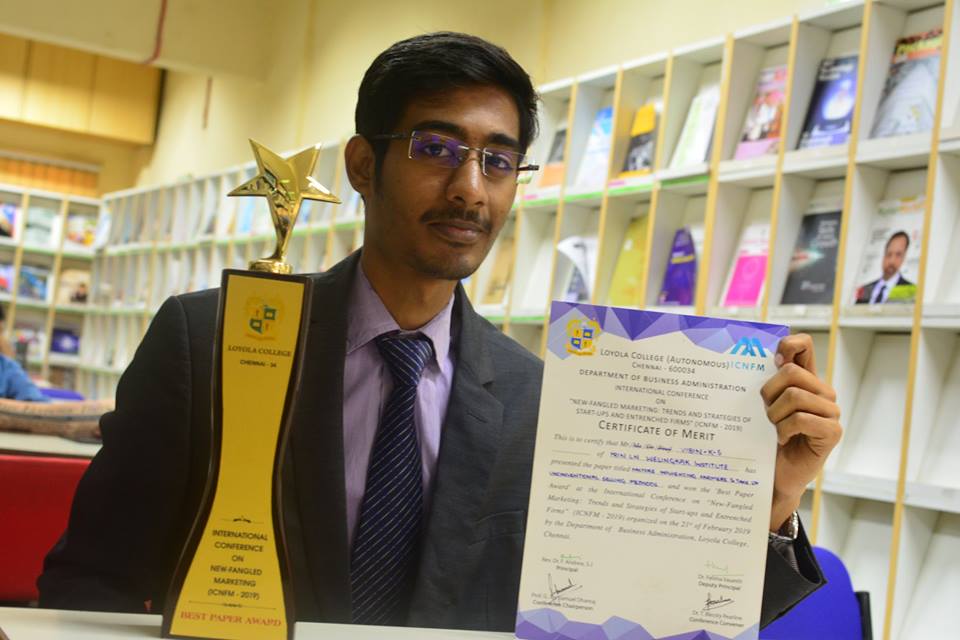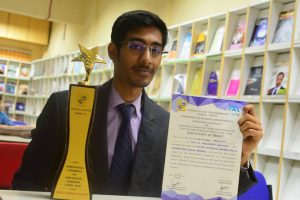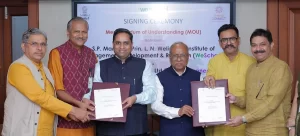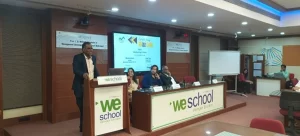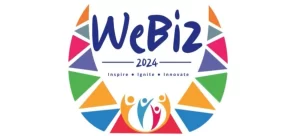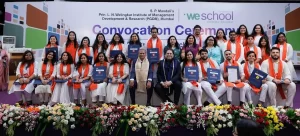Longevity is the most sought after quality we (as Indians) wish in everything we purchase. Our yearning for long-life has inspired breakthroughs in medical science that makes it possible to prolong our life span. Perhaps, longevity is reason why we have geared in reverse thinking and proactive planning in the area of health, finance and career. Even wellness is valued over reactive medical treatments. So there is focus on diagnosis /regular health check-ups. Today, a middle class earning individual has a portfolio of investments which are short-term and long-term. In terms of career, individuals have realised skilling as a key to a bright future. There is also a thought process which is steadily changing and that is ‘being ecological’. The corporate Inc. is certainly aiming to compound profitability with less carbon footprint.
While our life is becoming digitised; it is also moving to become more nature friendly. Although the use of technology with a thought of preserving nature makes for a sustainable future, it is imperative to implement what we envisage through our vision and mission. The future of sustainability depends on the education we impart today through knowledge, strategic thinking, attitudes and values.
The need for education to become technologically competent has been a debatable topic for some time now. What should be the content? What are the levels of academia-industry connect? The inclusion of sustainability in management education is equally important in fostering the value of protecting nature and harnessing skill-competency through sustainable strategic thinking.
The shelf life of business is moving towards more eco-friendly practices. The three reasons why Corporate Inc. is becoming sustainable is to reduce its carbon foot print, minimise role of natural resources in production and up-cycling that delivers ROI (Return on Investment).
With India having a large chunk of population counted as youth, the gap in education in context to sustainability requires campuses to bridge the difference. The sooner the moral education begins the more early would be the visible change among individuals.
Between providing education and being a green educational institute, the medium of education must be energy efficient. Even the infrastructure across education institutes must increasingly inspire students to value nature conservation by putting to action energy-saving practises on campus.
The value of sustainability among students can be measured through their live case studies/projects. Grassroots programs too offer an explorative approach towards introducing concepts of energy conservation, vertical farming, irrigation techniques etc…. One of the other ways of imbibing the nature-friendly attitude is to motivate campus start-ups which are eco-friendly. A mentoring faculty who advocates green practices embeds in the mind of the student that protecting nature can yield better profits.
Research, is another medium which has the ability to draw some of the brightest ideas to conserve nature. Such projects have long-lasting benefit beginning from one single proprietor to customers and society at large.
A student working in the corporate world at a later stage is bound to add these elements in his future project or organisation. Inclusion of sustainability in management education could improve production efficiency in any business, thereby contributing to the economy of a nation.
A sustainable product has the potential to acquire a larger market share. Sustainability when viewed beyond an annual CSR activity plays a pivotal role in expanding and sustaining new and existing businesses. In the end, the organisations which make a difference have a long and brighter future. That’s the way to longevity and more.
We are proud to share that our student Vibin KS, PGDM-Rural Management(2018-20) has secured The BEST PAPER AWARD in an International Conference organized Loyola College, Chennai, for his research on ‘Factors influencing the farmers to take up Unconventional selling methods for their produce’. The theme of the International Conference – New Fangled Marketing-Trends and Strategies in Start Ups and Entrenched Firms had total 43 research papers selected for the final
(The article carries excerpts from an article contributed by Prof. Dr. Uday Salunke, Group Director, S.P. Mandali’s WeSchool)
Congratulations to Vibin KS, PGDM-Rural Management(2018-20)

